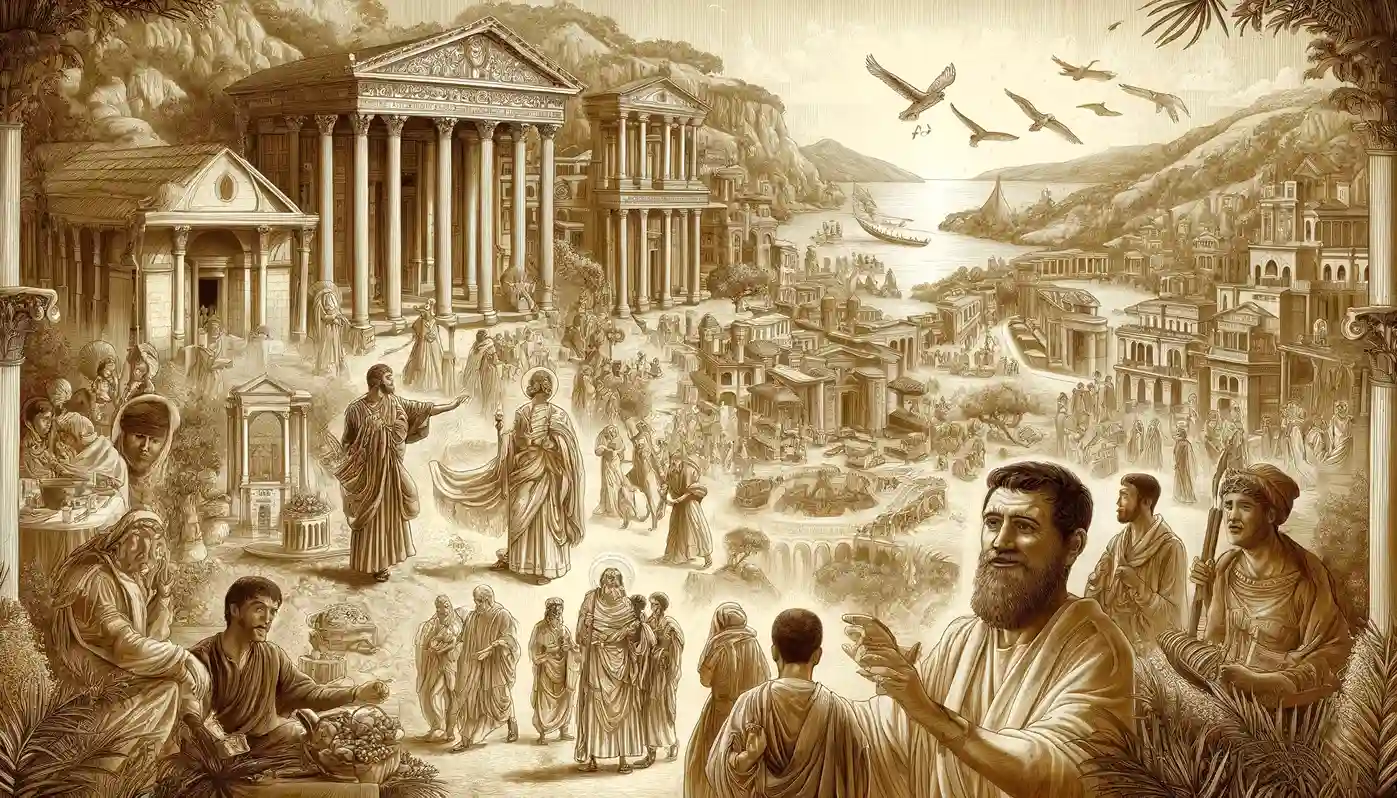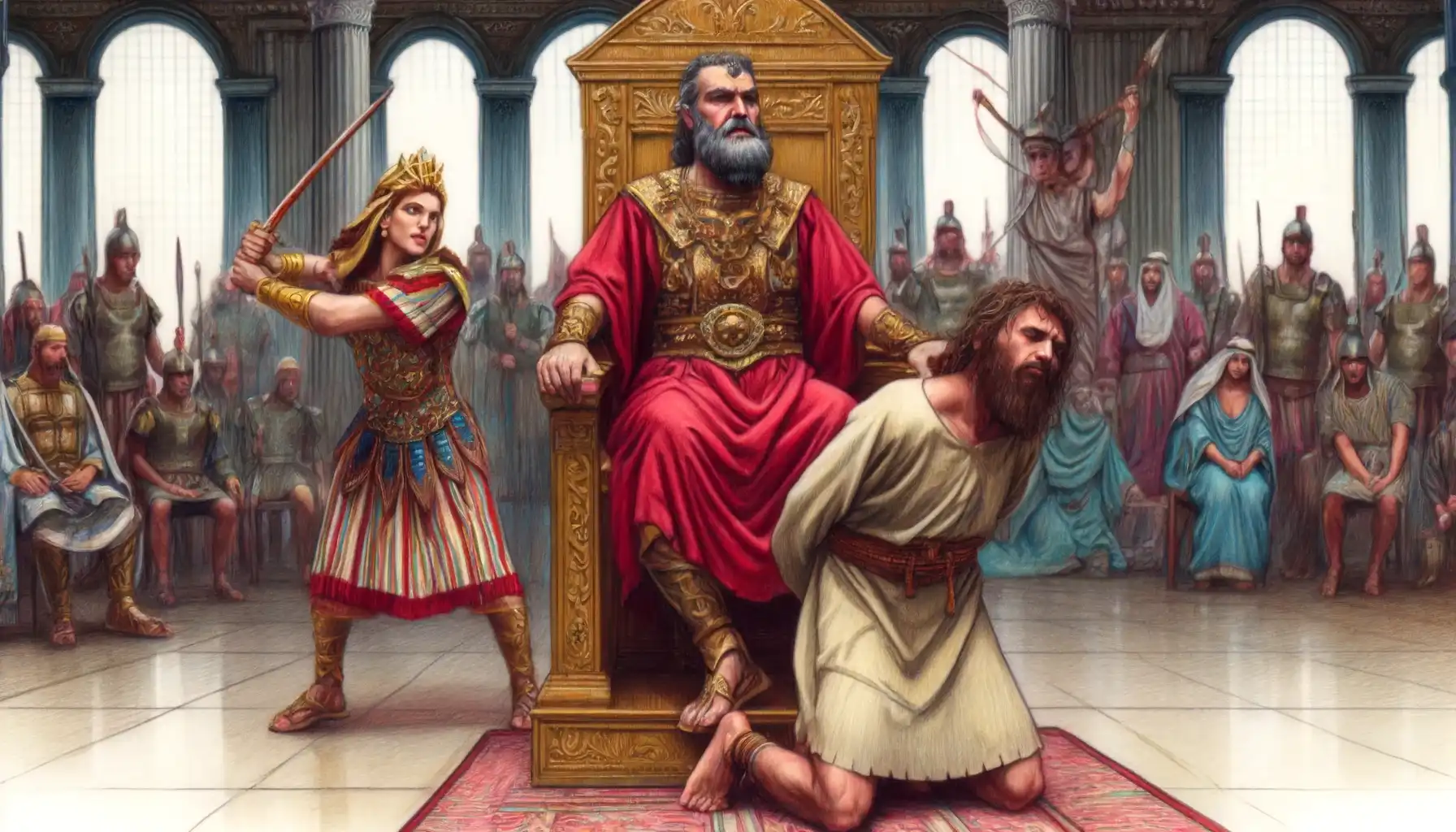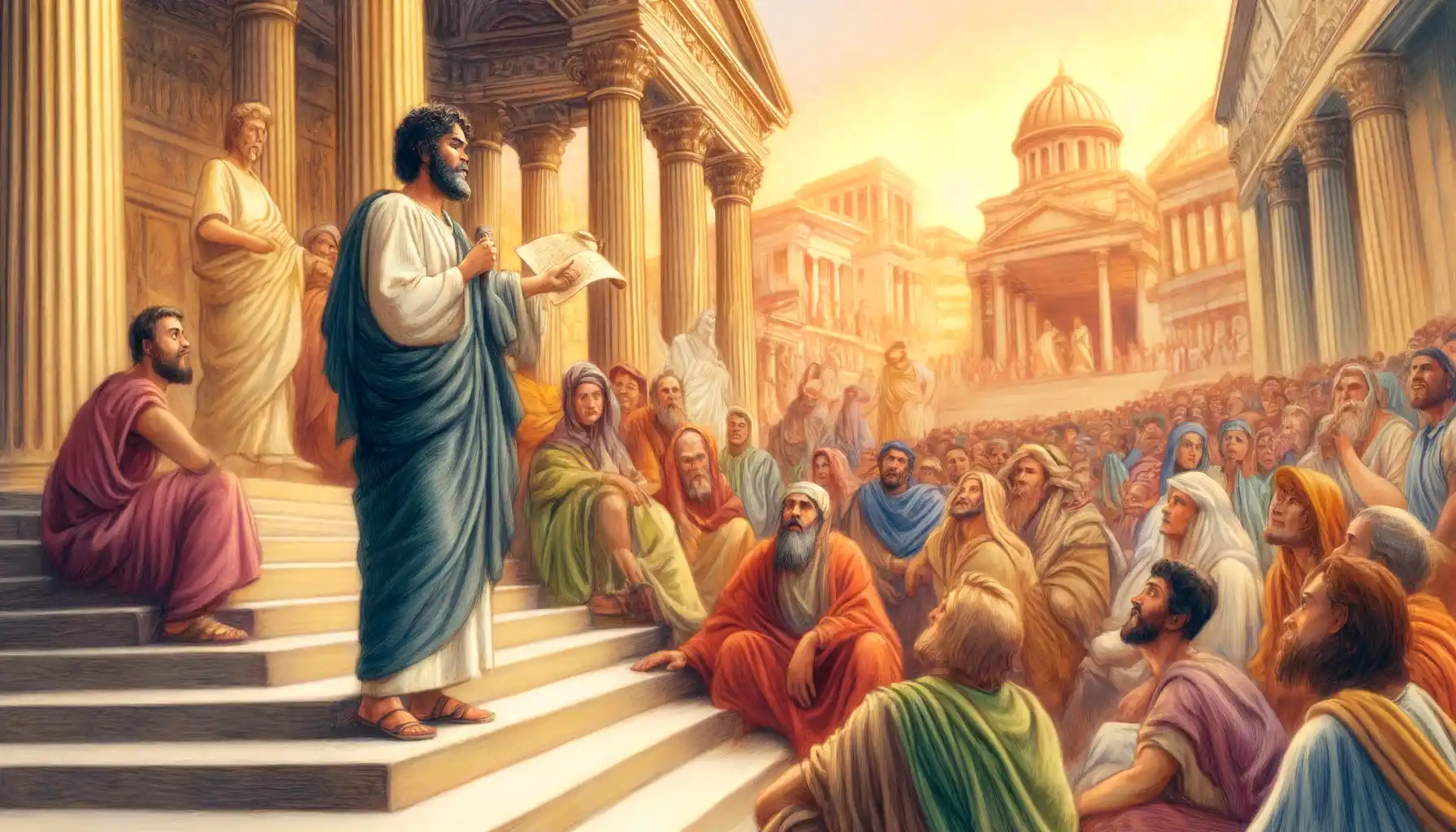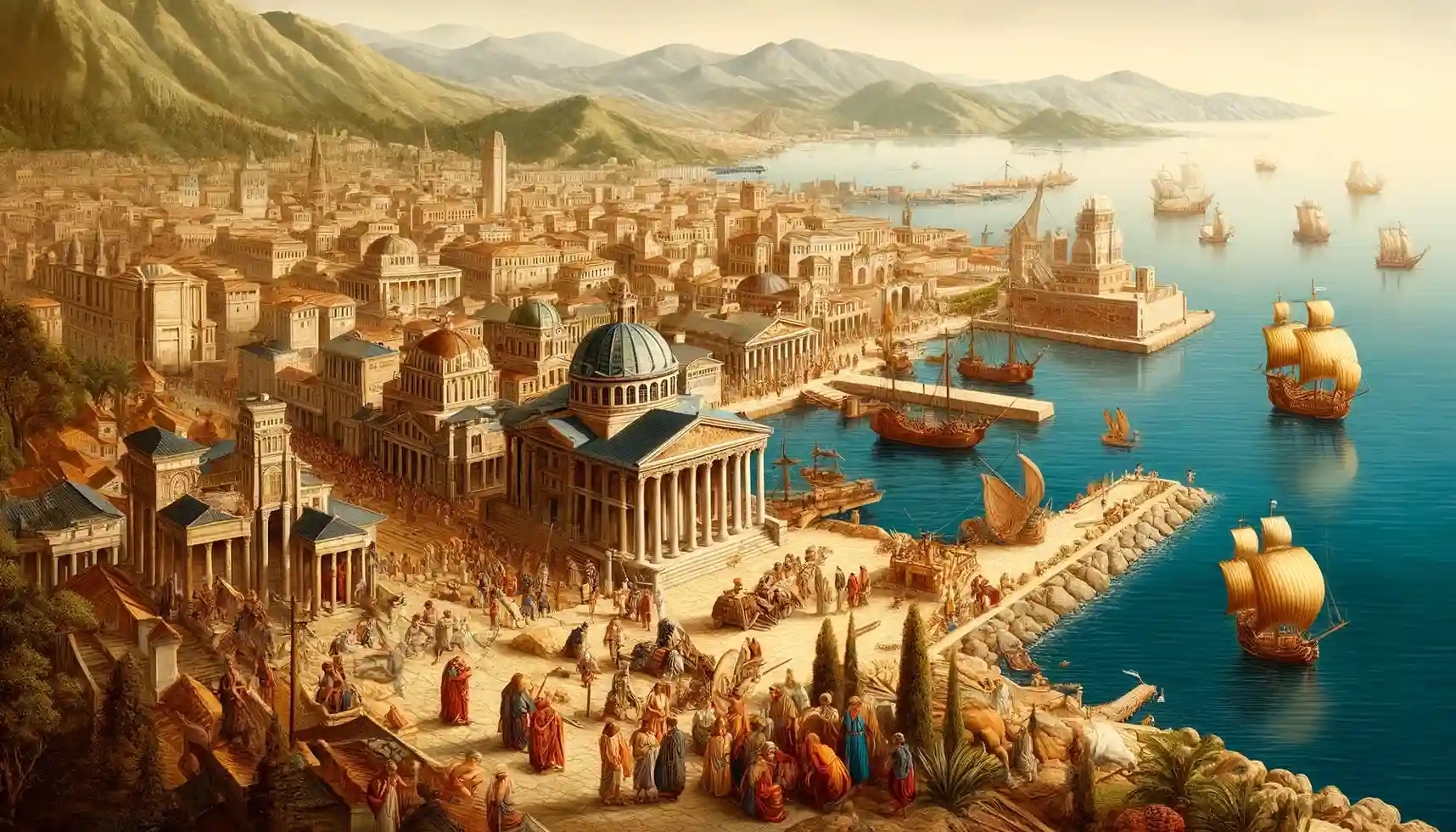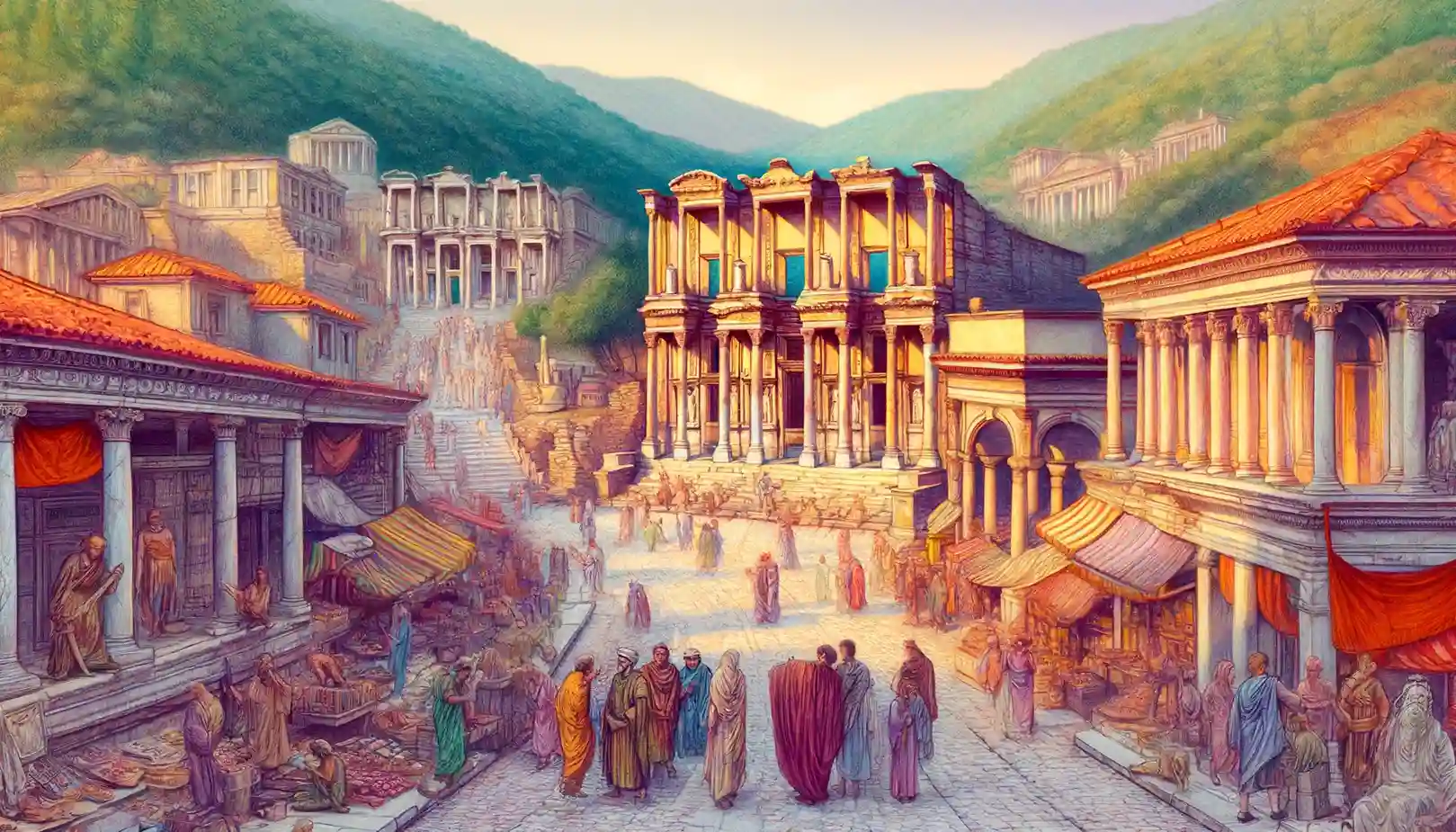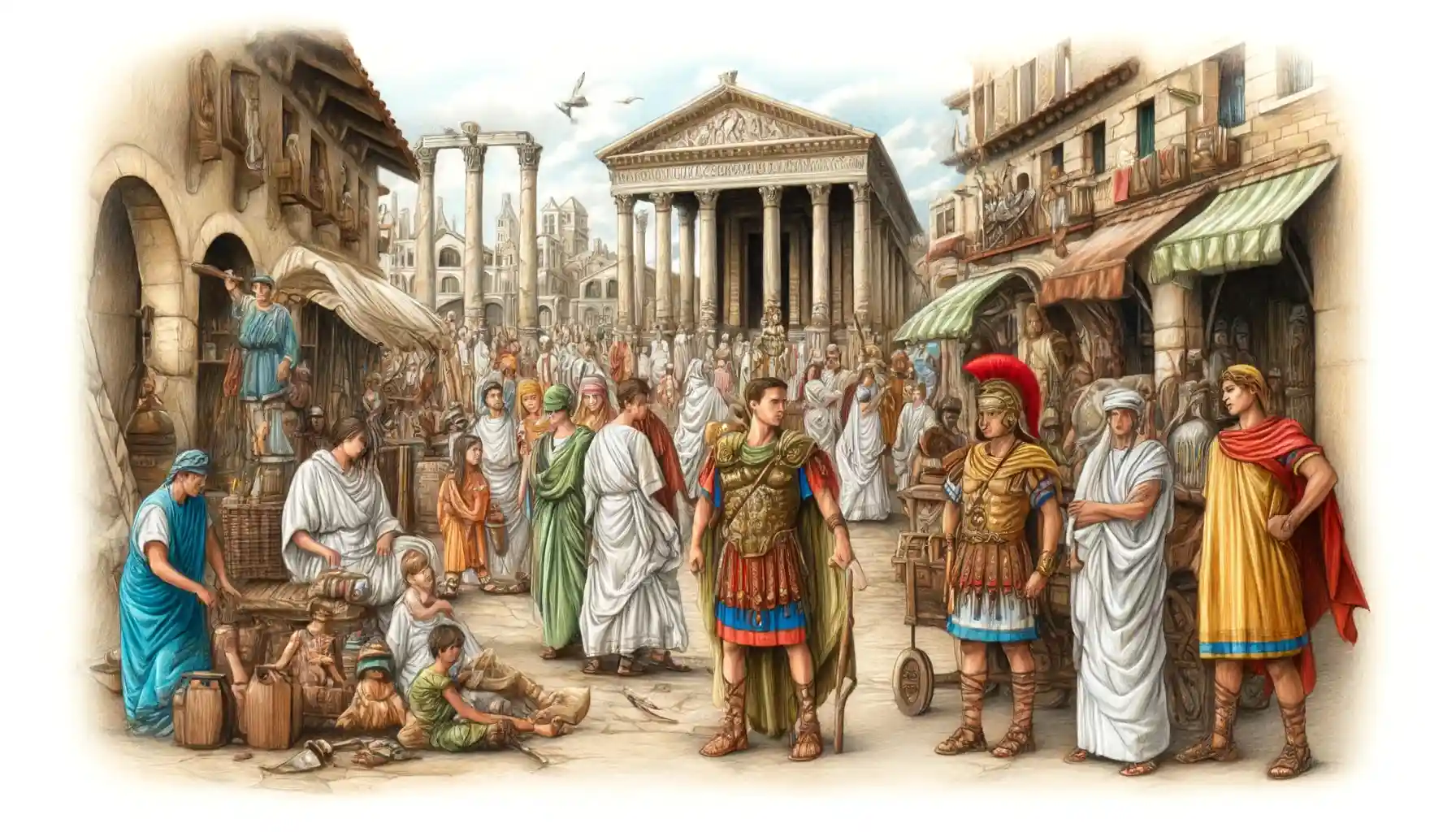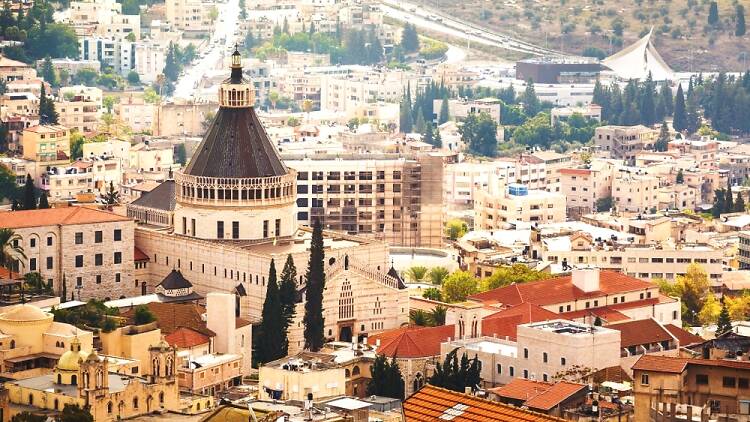Paul’s missionary journeys, spanning from Antioch to cities like Ephesus, Philippi, Athens, and Corinth, were pivotal in the spread of Christianity, marked by his dedication to preaching the Gospel, performing miracles, and establishing strong early Christian communities despite numerous challenges and opposition.
The Roman Empire, established in 27 BC by Augustus, was one of the most powerful and enduring empires in history, renowned for its advanced governance, military prowess, engineering marvels, and cultural influence, spanning three continents at its height, transitioning from polytheism to Christianity, and leaving a lasting legacy that profoundly shaped Western civilization before its decline and fall in 476 AD in the West, while the Eastern Roman Empire continued as the Byzantine Empire until 1453 AD.
Herod Antipas, the tetrarch of Galilee and Perea, is notorious for ordering the beheading of John the Baptist at the behest of Herodias’s daughter, Salome, and played a part in the trial of Jesus before being exiled to Gaul.
Paul, originally known as Saul of Tarsus, was a major apostle to the Gentiles and a foundational figure in the establishment of Christianity, renowned for his dramatic conversion, extensive missionary journeys, and the authorship of many influential New Testament Epistles.
Thessalonica (now Thessaloniki) was an ancient city in Macedonia, northern Greece, significant in the New Testament for its early Christian community. Founded around 315 BC by King Cassander and named after his wife Thessalonike, it was a key harbor and trade center in the Roman Empire. During Paul’s second missionary journey around AD 50-51, he founded a Christian community there, as described in Acts 17. The city, a cultural hub with Greek, Roman, and Jewish populations, faced persecution, which Paul addressed in his Epistles of First and Second Thessalonians. Today, Thessaloniki is a major Greek city with rich archaeological sites.
Ephesus, an ancient city located in modern-day Turkey, was a significant center for early Christianity, known for its robust Christian community, the ministry of the Apostle Paul, and as the site of the Temple of Artemis, one of the Seven Wonders of the Ancient World.
The Romans, as the dominant political and military power during the New Testament period, significantly influenced the early Christian narrative through their governance, infrastructure, interactions with key figures such as the Apostles Paul and Peter, and the persecution of Christians, ultimately shaping the spread and development of Christianity.
Rome, the capital of the Roman Empire, holds significant importance in biblical history, particularly in the New Testament, where it is depicted as a key center for early Christian activity involving pivotal figures such as the Apostles Paul and Peter, and played a crucial role in the spread of Christianity through its infrastructure and influence.
Patmos, an island of serene beauty and profound spiritual significance, is revered as the sacred site where the Apostle John received the visions recorded in the Book of Revelation, marking it as a timeless beacon of hope and revelation in Christian history.
Nazareth, celebrated as the childhood home of Jesus Christ, embodies a rich tapestry of historical, archaeological, and religious significance, serving as a pivotal site for Christian pilgrimage and a vibrant symbol of coexistence in the heart of the Middle East.

